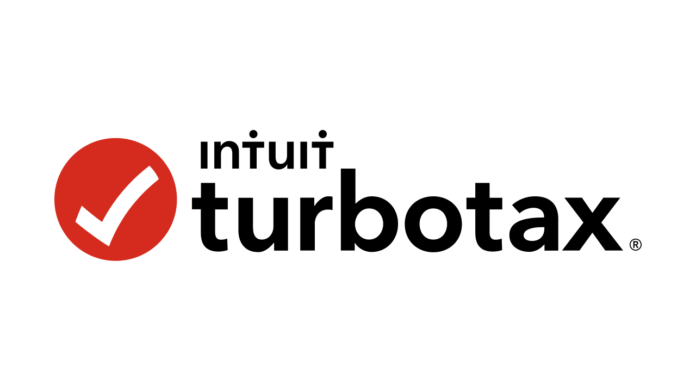Microsoft Dynamics 365 combines enterprise resource planning (ERP) and customer relationship management (CRM) in one cloud ecosystem and integrates seamlessly with the familiar Office 365 environment. It also offers specific applications for each business process, such as finance, sales, customer service, field service, administration, and marketing. It’s a powerful tool, so it’s worth looking at how you can use it.
It can be challenging to navigate in business software, especially when we are dealing with such an advanced solution as MS D365. The platform’s modular design allows you to implement just what you need. You get a platform that’s tailored specifically to your business needs, ensuring maximum flexibility and scalability. Like in large-format stores, everything is for diverse needs, budgets, and purposes. So it’s worth knowing how to use it to make the implementation of MS Dynamic 365 profitable.
Microsoft Dynamic 365 – you choose how you want to use it
MS Dynamics 365 is a platform that connects people, products, and data. You can choose between individual or bundled applications for full or light use. MS D365 combines various business applications to support you in several sectors of your company’s activity. It is your decision what to use this software for. Yet, we have prepared some basic usage examples.
- Sales Growth
With Dynamics 365 for sales, you can work on campaigns, generate leads, and measure results in real-time. This app gives you a toolkit full of intelligent processes to support your sales.
- Marketing
Thanks to privileged access to reports and customer statistics, the Dynamics 365 Marketing module is a faithful ally of any marketing team. In addition, the D365 says goodbye to static sales funnels that no longer work for today’s consumers, giving way to agile funnels that adapt and monitor everything in real-time to collect the maximum number of leads possible.
- Customer service
No matter where your representative is at the moment, they can answer from any device and efficiently solve the customer’s problem using the appropriate module.
- Finance
The finance module in D365 allows you to keep a full accounting of the company. You can create and view personalized financial reports to make better financial decisions.
- Chain Management
The supply chain management application minimizes the risk of inventory depletion through more efficient management using machine learning. You can build a complete picture of your supply chain and improve your cash flow by adapting your inventory to changing demand.
Find out more at https://xplusglobal.com/dynamics365-supply-chain-management/
With MS D365, you choose the future-proof technology to help your company make a digital transformation. Of course, the above examples of use do not exhaust all the possibilities of Dynamic 365. If you want to experience the convenience of MS D365 personally and have direct access to company data via the cloud, anytime and anywhere, contact a Microsoft partner who will suggest the best solution for you. Choose a software that will evolve your business in a scalable manner.

















